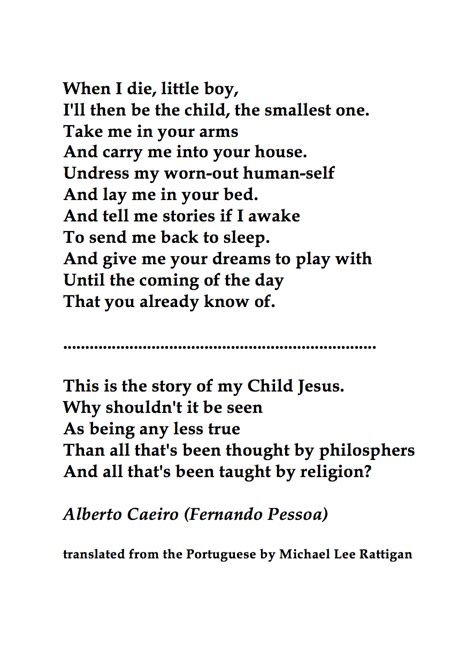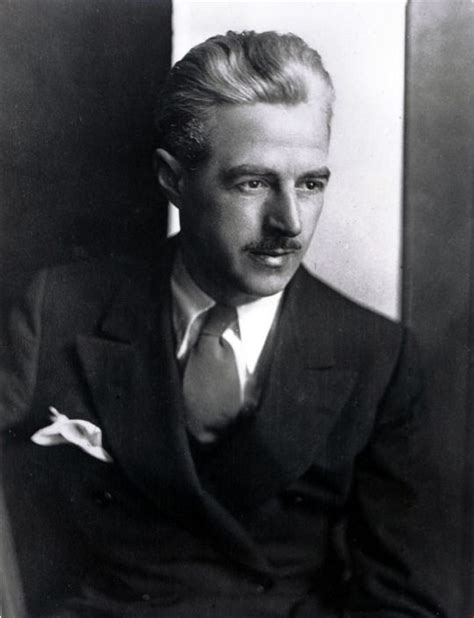A Quote by James Salter
People have reflected on the quality of time ever since they've been writing. I suppose I have thought about and written about the question of living in the present - but it only lasts for an instant, and then everything becomes the past. The future, you know nothing about, except for some anticipations you have.
Related Quotes
We human beings have enormous difficulty in focusing on the present; we always thinking about what we did, about how we could have done it better.... or else we think about the future, about what we're going to do.... But at this precise moment, you also realize that you can change your future by bringing the past into the present. Past and future only exist in our mind. The present moment, though, is outside of time, it's Eternity.... It isn't what you did in the past the will affect the present. It's what you do in the present that will redeem the past and thereby change the future.
Marriage is an effort to legalize love. It is out of fear. It is thinking about the future, about the tomorrows. Man always thinks of the past and the future, and because of this constant thinking about past and future, he destroys the present. And the present is the only reality there is. One has to live in the present. The past has to die and has to be allowed to die.
Basically, if the mind stays in the present, it's impossible to worry. Upon careful consideration, it becomes clear that human beings are capable of worrying only about an event that has already transpired or one that may take place in the future (although the occurrence might have just happened or may be about to happen in the next instant). The present moment contains no time or space for worry.
The secret to writing is writing. Lots of people I know talk about writing. They will tell me about the book they are going to write, or are thinking about writing, or may write some day in the future. And I know they will never do it. If someone is serious about writing, then they will sit down every day and put some words down on paper.
If you separate from . . . everything you have done in the past, everything that disturbs you about the future . . . and apply yourself to living the life that you are living-that is to say, the present-you can live all the time that remains to you until your death in calm, benevolence, and serenity.
The task of the mind is to produce future, as the poet Paul Valery once put it. A mind is fundamentally an anticipator, an expectation-generator. It mines the present for clues, which it refines with the help of the materials it has saved from the past, turning them into anticipations of the future. And then it acts, rationally, on the basis of those hard-won anticipations.
I know absolutely nothing about where I'm going. I'm fine with that. I'm happy about it. Before, I had nothing. I had no life, no friends, and no family really, and I didn't really care. I had nothing, and nothing to lose, and then I knew loss. What I cared about was gone; it was all lost. Now I have everything to gain; everything is a clean slate. It's all blank pages waiting to be written on. It's all about going forward. It's all about uncertainty and possibilities.
This man, who for twenty-five years has been reading and writing about art, and in all that time has never understood anything about art, has for twenty-five years been hashing over other people's ideas about realism, naturalism and all that nonsense; for twenty-five years he has been reading and writing about what intelligent people already know and about what stupid people don't want to know--which means that for twenty-five years he's been taking nothing and making nothing out of it. And with it all, what conceit! What pretension!






































